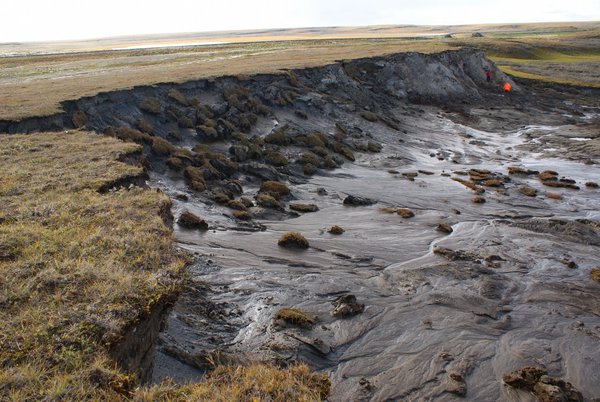
Permafrost thaw: Gradual change or climate tipping point?
Global warming leads to Arctic permafrost thaw and the subsequent release of carbon dioxide and methane into the atmosphere. These changes are…

Multi-million-euro funding awarded for CLICCS research
The University of Hamburg’s Cluster of Excellence for climate research CLICCS – “Climate, Climatic Change, and Society” has been honored for its…

Improving predictions of hot summers in Europe
Hot summers in Europe can be better predicted if anomalies in the North Atlantic heat transport are properly taken into account, according to a study…

Biodiversity researcher Camille Parmesan receives BBVA Award
American ecologist Camille Parmesan received the BBVA Foundation Frontiers of Knowledge Award in the category of Climate Change and Environmental…
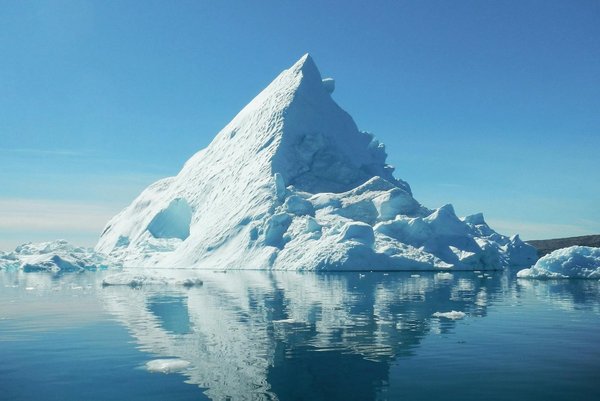
New climate model reveals the triggers of abrupt climatic changes in the past 20,000 years
Between the last glacial maximum and today, humans were exposed to severe changes of the climate: Coastal settlement areas were lost due to rising…
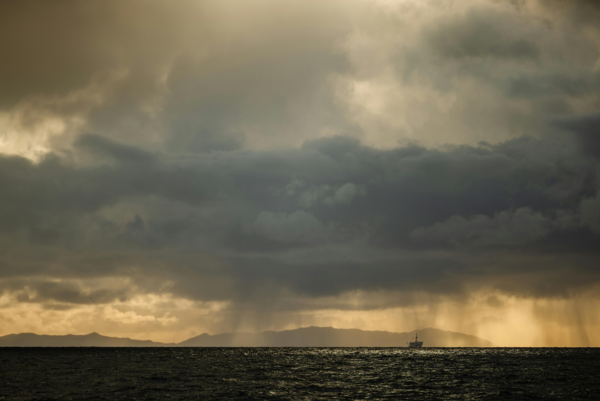
Southern Ocean warming leads to wetter Pacific coasts for centuries to come
An astonishing teleconnection originating in the Southern Ocean is causing East Asia to face wetter summers and the western USA wetter winters in the…
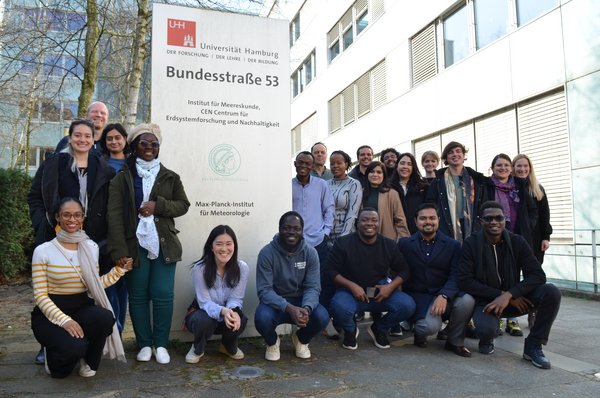
Climate Protection Fellows of the Alexander von Humboldt Foundation visit MPI-M and DKRZ
International climate and sustainability researchers have visited the Max Planck Institute for Meteorology and the German Climate Computing Center.…
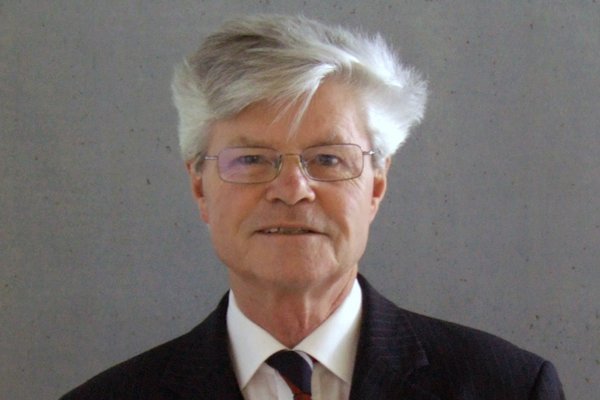
Hartmut Graßl celebrates his 85th birthday
The Max Planck Institute for Meteorology cordially congratulates its former director Hartmut Graßl on the occasion of his 85th birthday.
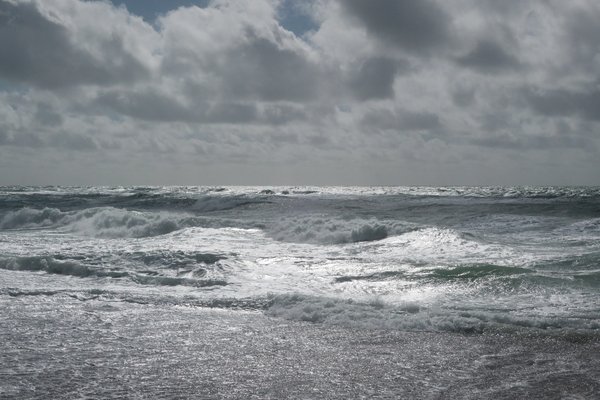
Weaker ocean circulation could cost trillions
A major motor for the global climate is beginning to falter: a massive system of ocean currents called the Atlantic Meridional Overturning…
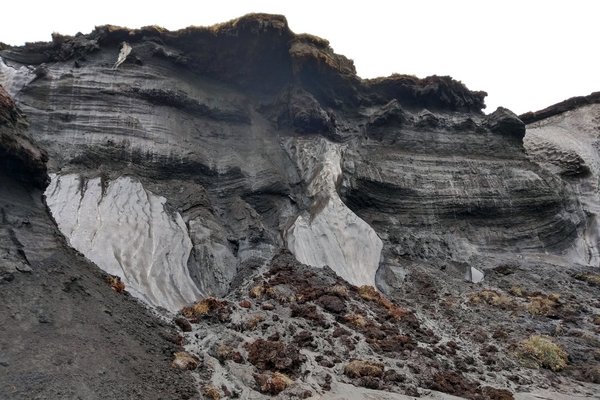
The precarious future of permafrost
The Arctic is heating up particularly fast as a result of global warming – with serious consequences. The widespread permafrost in this region, where…
![[Translate to English:] [Translate to English:]](/fileadmin/_processed_/e/3/csm_iss072e001649_medium-teaser_b0bd8b095a.jpg)
How to deal with the 1.5°C Climate Target
In a position paper, the German Climate Consortium, of which the Max Planck Institute for Meteorology is a member, has made recommendations on how to…
![[Translate to English:] [Translate to English:]](/fileadmin/_processed_/3/9/csm_PB080743_quer3_b992ccce98.png)
“Hasselmann legacy” symposium on stochastic thinking in climate science
Renowned researchers meet at the Max Planck Institute for Meteorology in order to discuss current and future work in the line of Klaus Hasselmann’s…
